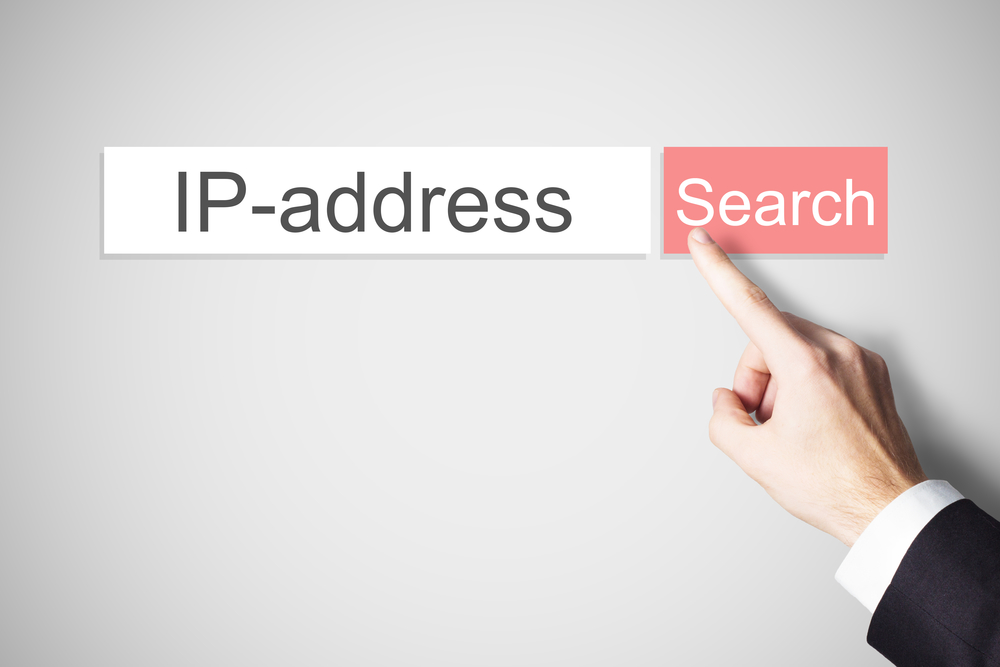Dynamic vs. Static IP Addresses: What’s the Difference?

Cybersecurity is a top priority for businesses of all sizes, and traditional security is no longer enough in an environment that changes rapidly.
Even for non-technical business owners, having an understanding of their IT network, it’s components, and cybersecurity best practices along with the threat landscape are critical.
One specific area that business owners can learn more about are IP addresses, IP address management, and how dynamic and static IP addresses compare to one another and whether or not it’s relevant to cybersecurity.
What is an IP Address?
IP stands for Internet Protocol address. An IP address is part of a network, and it’s a number that links to all the activities everyone at your business is doing. If you go online, or anyone within your business goes online, the IP address is working in the background.
If you’re typing in a web address, checking email, or doing anything online, your IP address helps you to connect to the internet. It gives you access and takes you where you want to go.
IP addresses are also the way devices on any given network communicate with one another. The internet uses a Domain Name System or DNS so you can type in words and find the sites you’re looking for versus having to type in number-based online addresses.
Your IP address is unique to your machine, and IP addresses can provide location data and other important information.
How Does a Static IP Address Compare to a Dynamic Address?
A static IP address is assigned, and it doesn’t change. Whether you reboot your router or do anything else, your IP address is the same. A static IP address is actually more expensive to obtain through your internet service provider, and that fee stems from the fact that you have reserved your IP address. You are paying to get that static, set IP address and to keep it as yours.
With a static IP, they’re most relevant when there are websites or outside devices that need to be able to remember your set IP address. If you host a server, you wouldn’t typically need a static IP address.
If you did want one for whatever reason related to your business security, you have to reserve it, and then the device keeps that address unless you take the device off your network or cancel it.
Specific examples of why you might need a static IP address include:
- You’re adding an additional router to your network
- You’re sharing a printer via your network
- You are setting up a file server
- You want to forward ports to particular devices
If you’re a small business, it’s pretty unlikely you’ll have a static IP address because they are manually assigned by an administrator and rarely needed unless you have devices that need ongoing, constant access.
Another example of possibly needing a static IP address would be if you had a home computer or a work computer that you wanted to be able to reach at all times without fearing your access would be blocked.
What is a Dynamic IP Address?
A dynamic IP address is much more commonly used. With a dynamic IP address, your address changes over time. Devices are inherently designed to automatically use whatever IP address is available. You don’t have to pay extra to your internet service provider, and you don’t have to think about maintenance.
If you were to let’s say take your laptop somewhere outside of your home or office to work, then you’re not taking an IP address with you. You’re connecting to the internet on another network. You don’t have to give these changes any thought, though, because they’re automatic, and that’s why dynamic IP addresses are so low-maintenance.
What you don’t get with a dynamic IP address, however, is that remote access option. Plus, there tend to be more downtime with IP addresses that are dynamic so if you regularly host web servers or make phone calls over the internet, again static may be right for you.
With a dynamic IP address, you can use whatever devices you need without needing to disconnect to make IP addresses available.
For the most part, unless you meet one of the scenarios above for your business, a dynamic IP address is likely fine. It won’t interfere with most of the work-related things you may do on a day-to-day basis, and you don’t have to worry about security concerns that are specific to a dynamic IP address and not to a static address.
